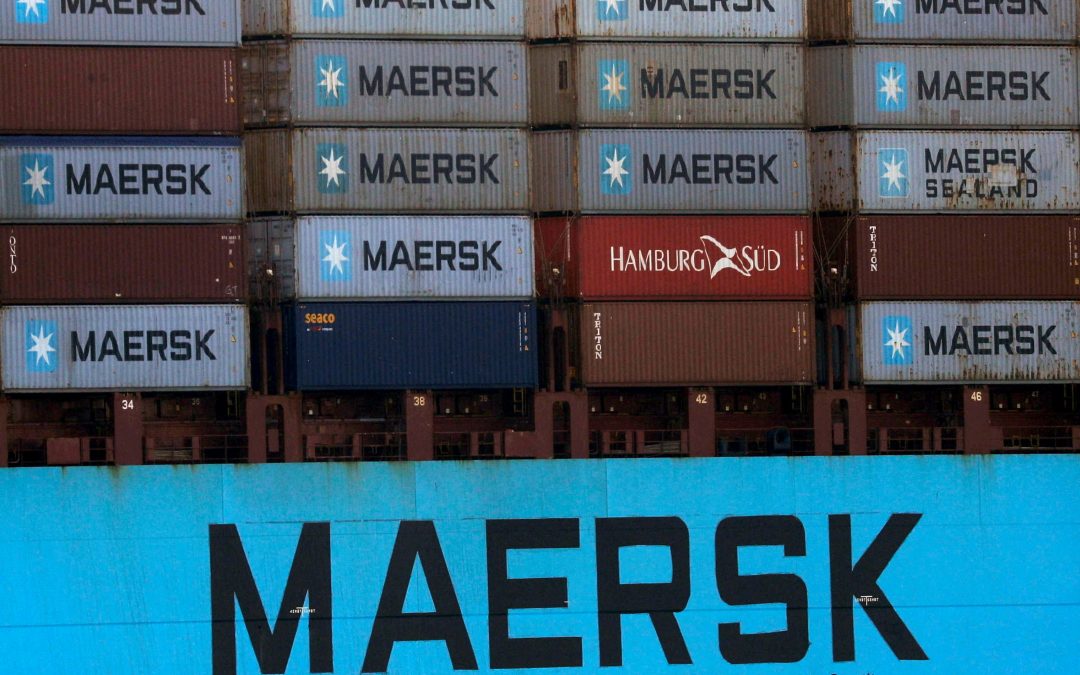A.P. Moller – Maersk A/S and CMA CGM have decided to join forces on several areas relating to decarbonization, in full compliance with all laws and regulations.
As frontrunners of the energy transition in shipping, both companies are convinced that joint action will help accelerating the green transition in shipping, learning from each other to go further and faster.
CMA CGM and Maersk have set a net-zero target for their shipping business, have identified scalable solutions that can create impact in this decade, and have already individually taken ambitious paths on promoting decarbonization for shipping.
Maersk has been ordering vessels that can be operated on bio/e-methanol.
CMA CGM has been ordering LNG-propelled vessels, that can also be operated on bio/e-methane, the new green equivalent of current LNG, and has also placed orders for vessels that can be operated on bio/e-methanol.
While these two fuel streams appear now as the most mature among existing solutions, both companies expect the future fuel mix of shipping will include other streams that should be developed in the coming years.
An ambitious collaboration to develop the future of fuels for the shipping industry
Specifically, both shipping lines will work more together to develop the use of alternative greener fuels for container vessel propulsion, namely:
- Developing high standards for alternative sustainable, green fuels – including the analysis of full lifecycle and related greenhouse gasses – and helping to setting the framework of mass production of green methane and green methanol.
- Developing and maintaining standards for operation of green methanol vessels with regards to safety and bunkering, as well as accelerating port readiness for bunkering and supply of bio/e-methanol at key ports around the world.
- Continuing to explore jointly R&D on other components of the net zero solution as new alternative fuels, like ammonia, or innovation technology for our ships.
Two leading shipping companies to push advocacy together for the energy transition of the industry
Moreover, Maersk and CMA-CGM both agree to the fundamental role of regulation in securing the decarbonization of the sector. Both companies warmly welcome the outcome of the recent Marine Environment Protection Committee of the International Maritime Organization during which the IMO’s 2023 strategy for reducing GHG Emissions from Ships was adopted, with reinforced targets to tackle harmful emissions.
Maersk and CMA CGM remain committed to jointly advocating for and encouraging IMO Member States to adopt ambitious measures in their pursuit of the highest attainable goals. Regional measures such as the EU Fit for 55 and the Inflation Reduction Act in the US are welcomed by both companies to help stimulate demand for green shipping solutions.
CMA CGM and Maersk affirm their readiness to collaboratively engage with regulatory stakeholders in establishing a robust and sustainable international regulatory GHG framework and invite other international shipping lines who so wish to join them in this cooperation with the regulatory institutions. Such a framework is in both our companies’ perspective a prerequisite to reducing carbon emissions for the shipping industry and securing a level-playing field for a global business environment.
Source: Hellenic Shipping News





